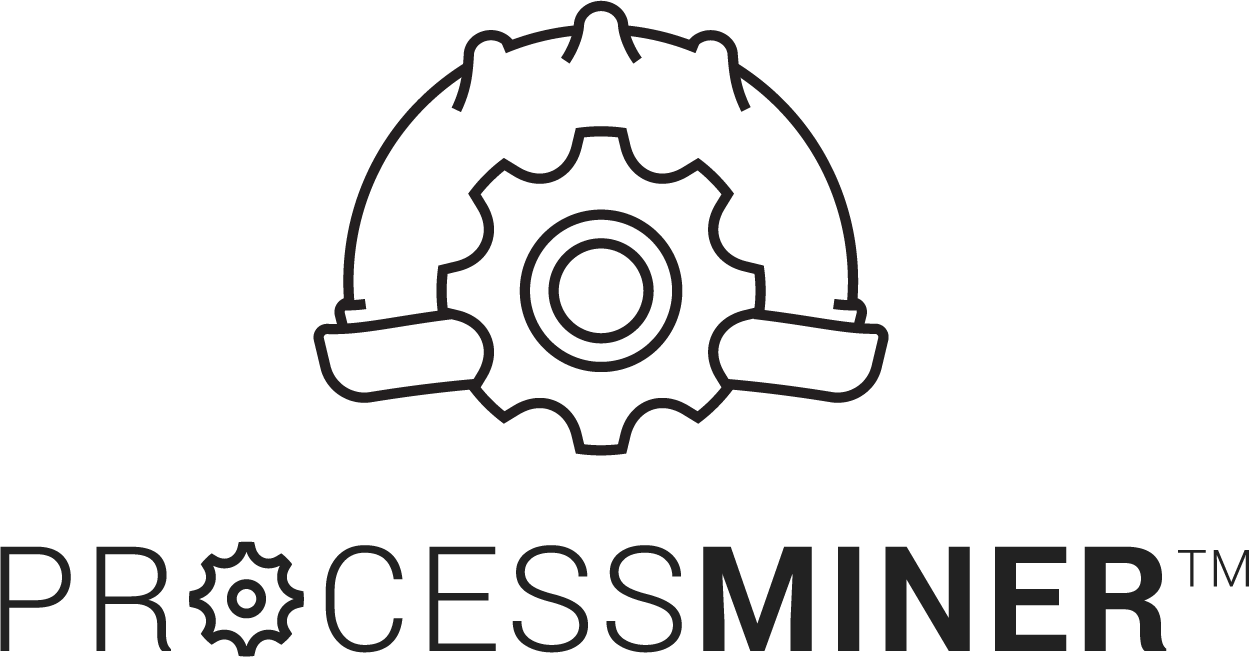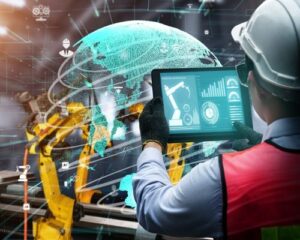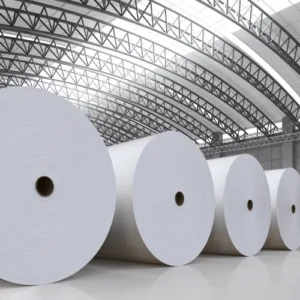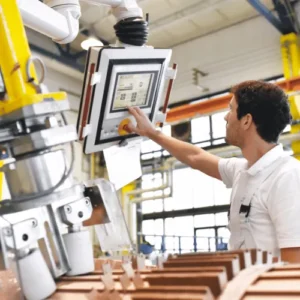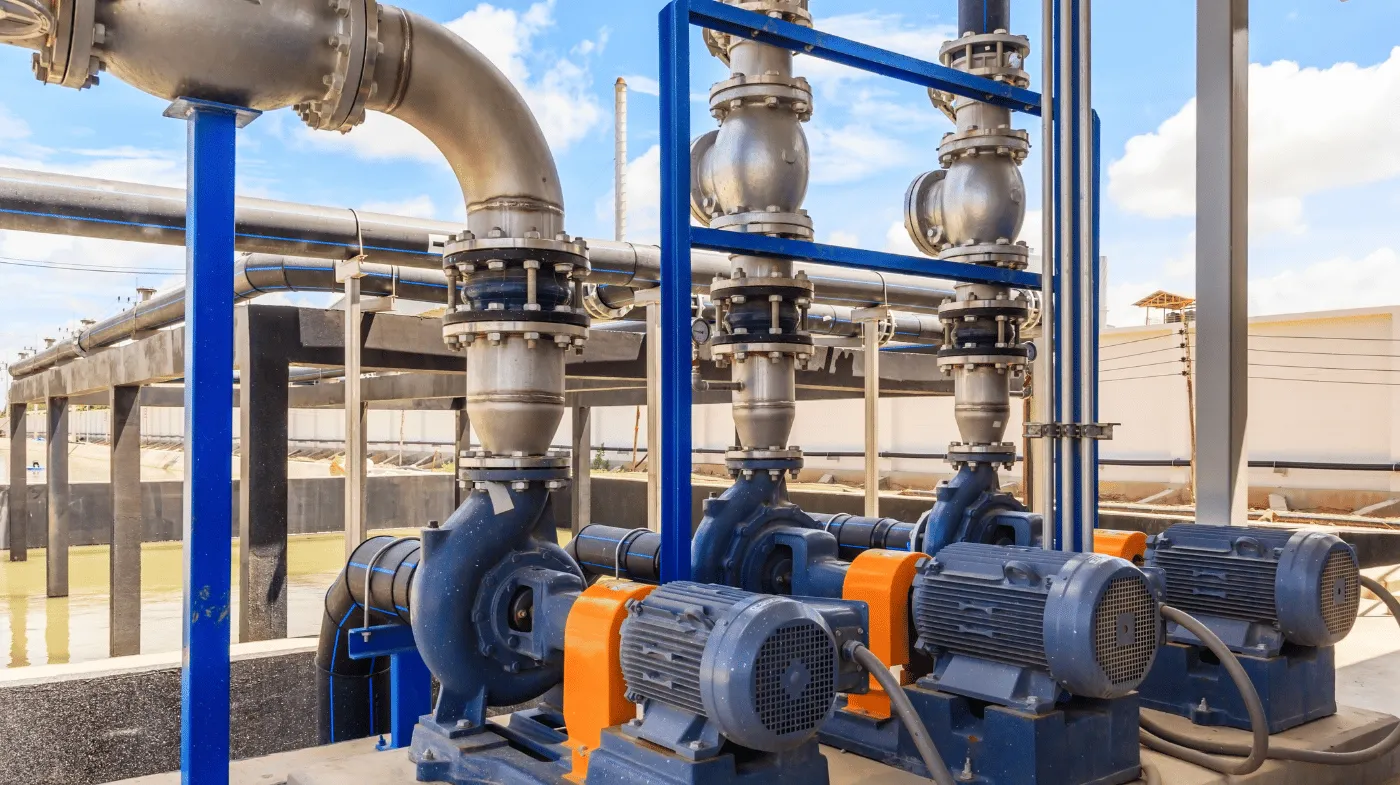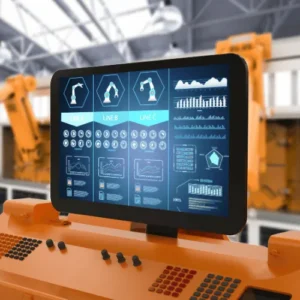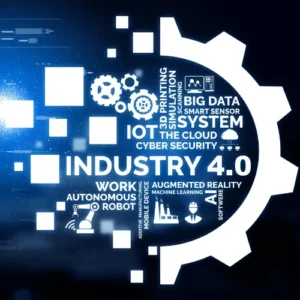Leading the Way in Modern Manufacturing: How Real-Time Data Transforms the Shop Floor
In the age of digitalization, real-time data is transforming the manufacturing landscape. With insights provided at the speed of thought, manufacturers can make informed decisions, refine processes, and adapt to rapidly changing conditions.
The integration of real-time data into the shop floor signifies a shift toward a more responsive, agile, and efficient approach to manufacturing, paving the way for a new era of innovation and excellence.

Improved Decision Making: The Power of Instant Insights
Data-Driven Decisions
With real-time data, decision-making is elevated to a new level of precision. Leaders can assess ongoing operations, detect inconsistencies, and make well-informed choices that align with current trends and demands. This heightened awareness leads to decisions that are more accurate, timely, and effective, reducing guesswork and enhancing alignment with strategic goals.
Predictive Analytics
Beyond immediate insights, real-time data facilitates predictive analytics, empowering businesses to forecast trends, demands, and potential challenges. This foresight enables manufacturers to plan strategically, allocate resources efficiently, and act proactively, ensuring they remain agile and responsive to market dynamics.
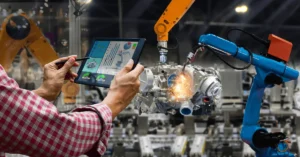
Enhancing Productivity: Where Automation Meets Efficiency
Monitoring and Control
Continuous monitoring and real-time feedback allow for immediate adjustments, minimizing downtime and maximizing productivity. By pinpointing inefficiencies and correcting them on the fly, manufacturers maintain optimal performance, leading to higher productivity and lower operational costs.
Integration with AI and Robotics
The synergy between real-time data, artificial intelligence, and robotics creates a seamless, automated environment on the shop floor. By coordinating these elements, manufacturers achieve an unprecedented level of automation, precision, and efficiency, leading to faster production cycles and enhanced product quality.
Predictive Maintenance: Taking Proactive Steps
Fault Detection and Diagnostics
Predictive maintenance powered by real-time data identifies issues before they escalate. Early detection and immediate response reduce potential downtime and costly repairs. By taking a proactive approach, manufacturers preserve equipment health and extend machinery lifespan.
Scheduling and Optimization
Smart scheduling through real-time insights ensures maintenance is conducted at optimal times. By planning around production needs and machinery conditions, manufacturers avoid unnecessary disruptions, preserving the flow of operations and maintaining peak performance levels.

Quality Assurance: Excellence at Every Stage
Real-Time Quality Control
Consistency and precision are essential in manufacturing. Real-time oversight guarantees that quality standards are met continuously, ensuring each product meets stringent criteria. The immediate feedback loop leads to immediate corrections, enhancing customer satisfaction and trust.
Compliance and Standards
Meeting regulatory requirements becomes a streamlined process with real-time data. By aligning production processes with compliance metrics, manufacturers enhance adherence to industry standards and regulations, strengthening both legal compliance and customer trust.

Inventory Management: Precision in Every Detail
Real-Time Tracking and Forecasting
With real-time data, accuracy in inventory management is no longer a challenge but a standard practice. Real-time tracking leads to optimal stocking, meeting demands without overextending resources. The result is significant cost savings and a more agile response to market fluctuations.
Streamlined Supply Chain
Integration of real-time data across the supply chain enhances coordination and efficiency. By connecting suppliers, manufacturers, and distributors, the entire supply chain becomes more transparent and responsive, driving performance improvements and reducing delays and inefficiencies.
ProcessMiner’s Role: Bringing Real-Time Data to Life
AI-Powered Insights
ProcessMiner’s AI tools transform data into actionable strategies. With our real-time analytics platform, manufacturers navigate the complexities of modern manufacturing with confidence. We help businesses translate data into operational excellence, enabling a smarter approach to production.
Predictive Maintenance Solutions
Our predictive maintenance tools leverage real-time data to reduce downtime and enhance scheduling. We guide manufacturers in implementing data-driven maintenance strategies, paving the way for smooth, effective operations and consistent production quality.
Quality Control & Compliance Solutions
With ProcessMiner, quality assurance is a guarantee. Our cutting-edge quality control systems ensure every product meets the highest standards. We help manufacturers maintain excellence at every stage, from raw materials to finished products, strengthening brand reputation and customer loyalty.
Join the Future of Manufacturing with ProcessMiner
Real-time data is more than a trend; it’s a vital component of modern manufacturing. ProcessMiner stands at the forefront of this transformation, providing the tools, insights, and expertise necessary to excel in a dynamic and competitive landscape.
From decision-making to maintenance, quality control, and beyond, our commitment to guiding manufacturers toward efficiency, excellence, and innovation is unwavering. We invite you to explore the potential of real-time data with us and embark on a journey toward a more productive, innovative, and profitable future.
